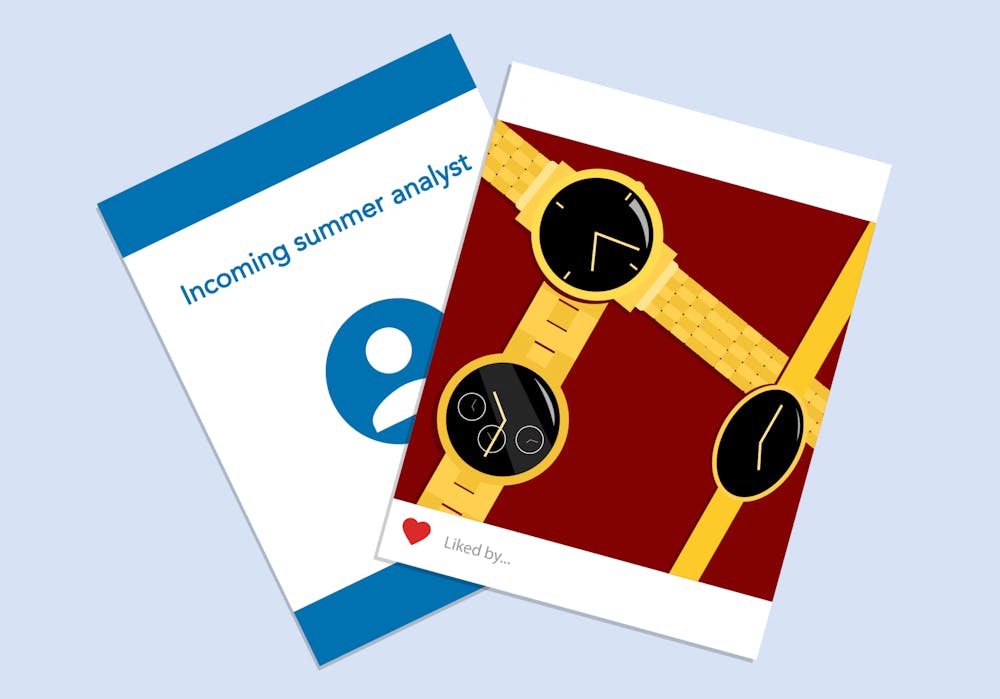If you tallied every post on Instagram, Facebook, Twitter, or LinkedIn that you would call “show–offy,” the result would be astronomical. Flexing—or showing off—seems to be a staple on social media these days. But is flexing simply a celebration of how good your life is, or is it deeper than that?
Although flexing most commonly refers to showing off material possessions and wealth, it can manifest in a number of ways. You may flex your social status or the number of people you’re friends with, how much you travel, your physique, or how successful or intelligent you are. After all, how many of us have Penn 20–something in our bios? These days, flexing is all over social media and honestly, it can be really difficult to resist flexing when you have something to show off.
“Flexing on the ‘Gram” has become a trend, with celebrities such as the rapper Lil Pump flexing on Instagram to prove that they have made it to the top. When people critique him for his rapping skills, Lil Pump shows off his wealth and expensive clothing, using them as proof of his worthiness.
Other social media celebrities flex in the same way. With designer bags and luxury cars, riches are used as a reflection of success, and the outrageous Instagram posts can bring in thousands of likes and millions of followers. This is exemplified by Internet personality Jake Paul. His diss tracks are primarily focused on bragging about his wealth, cars, and million–dollar home. His wealth is what makes him better than other YouTubers–or at least that’s what he claims.
It is a self-evident truth that social media apps such as Twitter or Instagram have over time morphed into tools used by the masses to gain validation through likes. But now flexing is creeping into professional networking sites, including one platform that career–driven Penn students know well—LinkedIn.
While most people know better than to post heavily–edited selfies or pictures of luxury cars to LinkedIn, users provide overly frequent career updates. They flex their summer internships or share post after post detailing their personal accomplishments. But this kind of narcissism in a professional context is not unique to Penn students. The Twitter account The State of LinkedIn—which has over 150,000 followers—is devoted to exposing a selection of some of the most self–unaware and jargon–ridden posts on LinkedIn. My favorites include, “How easy is it to hire me? I interviewed myself,” as well as a collection of some LinkedIn users’ morning routines.
With a continuous stream of real–time, unfiltered, and freshly published posts in the age of COVID–19, we have front–row seats not only to the lavish lifestyles of the rich and famous but also to the accomplishments of our peers. Watching our friends and idols living extravagantly can make us feel inferior. In fact, social psychologists call this inferiority phenomenon Instagram Envy.
Social media can make others’ lives seem really glamorous and exciting, but many influencers who seem to be living in luxury have also admitted to feeling empty. Through flexing comes a false sense that material things are what make us happy. We need to be more real on our feeds, especially during times like these.

